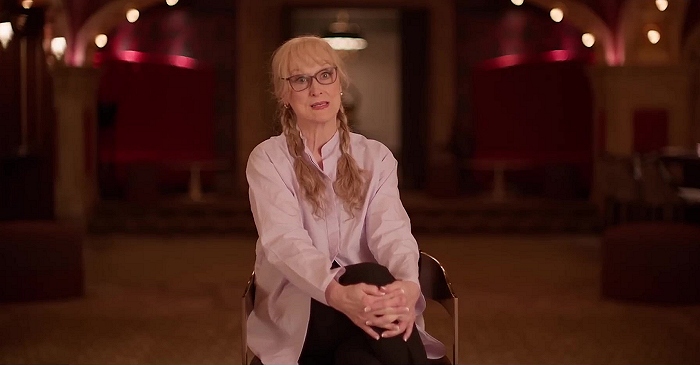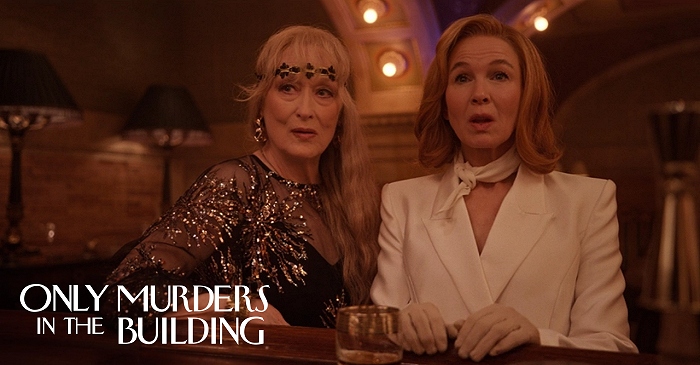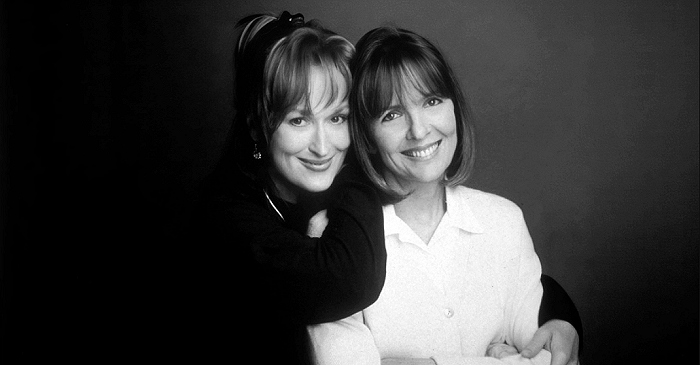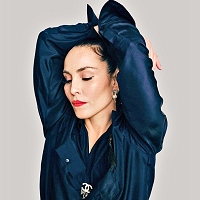|
Simply Streep is your premiere online resource on Meryl Streep's work on film, television and in the theatre - a career that has won her acclaim to be one of the world's greatest living actresses. Created in 1999, Simply Streep has built an extensive collection over the past 25 years to discover Miss Streep's body of work through thousands of photographs, articles and video clips. Enjoy your stay and check back soon.
|
The Good Woman of Setzuan
October 17-18, 1969
· The Experimental Theatre of Vassar College
|

“The Good Woman of Setzuan” was the first play of the new season for Vassar’s Experimental Theatre. I was unable to confirm Meryl Streep’s character in this production – it was either The Niece or The Sister-in-Law. The Miscellany News wrote ahead about the performance: “When staging Brecht, a director is faced with the same insoluble dilemma with which the playwright himself grappled all his life. The contradiction between Brecht’s dramatictheory and the realities of production have all too often resulted in either mangled Brecht and an enjoyable evening or good Brecht and a thoroughly soporific evening. Put simply, Brecht’s ideas of the possibilities and duties of the theater just do not work. The Experimental Theater’s production of The Good Women of Setzuan is a case in point. Except for a few relatively minor flaws and some rather to be expected amateurish acting, the play was staged pretty much as I think Brecht would have wanted. Yet, with the possible exception of the extremely well-done epilogue, the play came nowhere near to fulfilling Brecht’s expectations for it. Brecht envisioned his work as diametrically opposed to the Aristotelian concept (in which the audience, through identification with the protagonist, is purged and drained of all emotions when it leaves the theater.”













